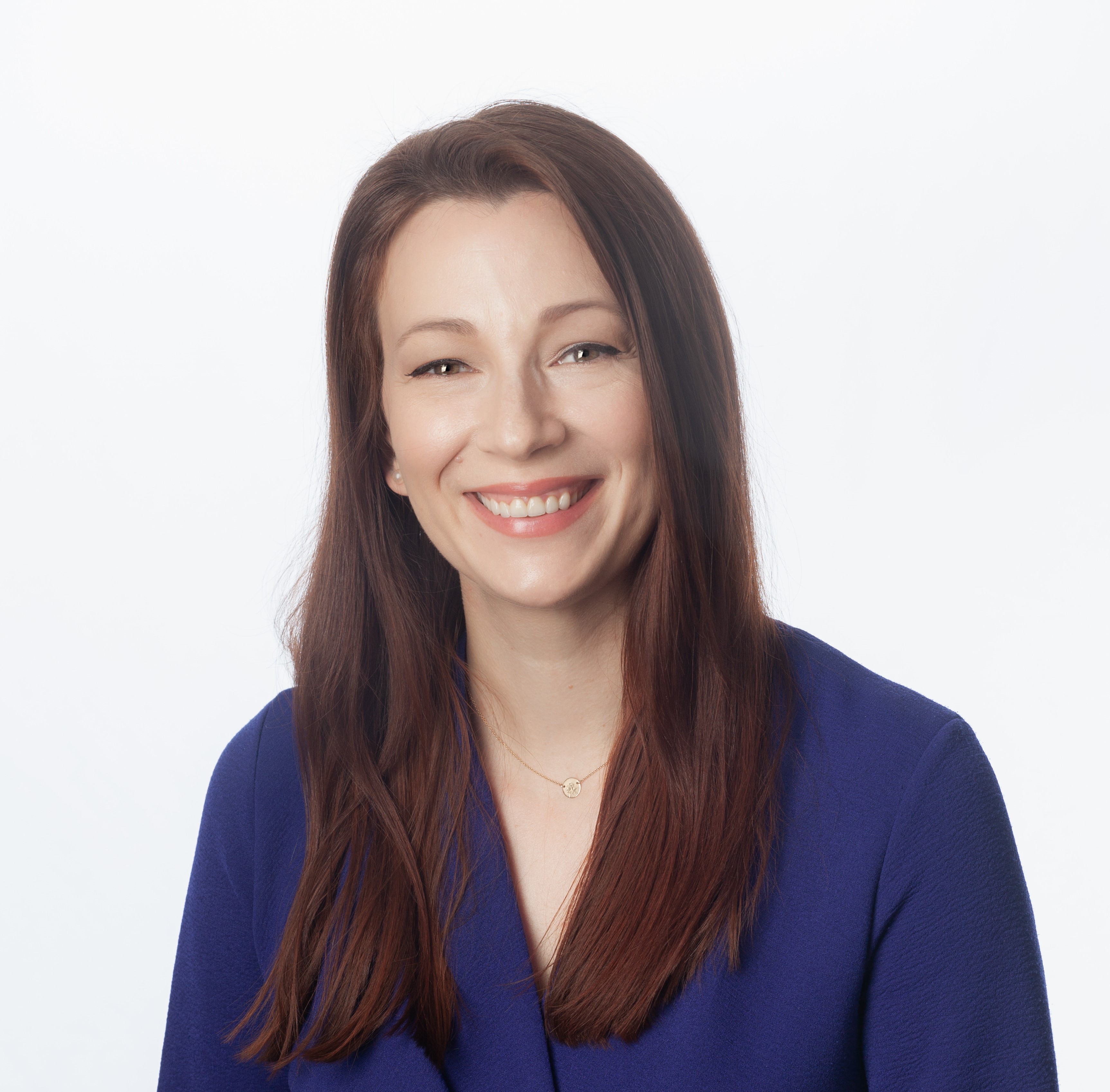When Ashley Fry graduated from the George Washington University School of Nursing in 2023 with a Doctor of Nursing Practice (DNP) in the Health Policy track, she stepped into a role that merges her clinical expertise with her passion for policy reform. Now based in Colorado Springs, Fry is helping to shape the future of end-of-life care while inspiring other nurses to raise their voices in policy advocacy.
“Advocacy remains a vital part of my work because it directly affects my patients and the way I practice,” she said. “Through advocacy, we can help shape a healthcare system that truly reflects the needs of those we serve.”
Fry’s story is a powerful reminder of how nurses are uniquely positioned to influence the systems they work within—and how education, lived experience, and professional dedication can combine to drive real, lasting change.
From Military Life to Mountain Views
Fry’s path to Colorado began with a life of mobility. She and her husband, an Air Force veteran, spent years moving across the country before settling in Colorado Springs after his retirement in 2022. Though their extended families remain in the Midwest, they chose the mountain state as their permanent home.
The couple’s many relocations instilled in Fry a broader awareness of healthcare disparities and legal differences across state lines. Today, she closely tracks legislation at both the federal and state levels, a habit she credits with shaping her approach to policy work.
That vigilance paid off in 2024 when Fry saw the results of her DNP project come to life.
A Nurse's Policy Vision Becomes Law
While at GW Nursing, Fry focused her doctoral project on improving the Colorado End of Life Options Act. She connected with a state legislator who took an interest in her research, and together, they worked toward introducing a bill to amend and strengthen the law.
Fry testified in support of the bill on behalf of the Colorado Nurses Association—and it passed.
“Testifying on behalf of the Colorado Nurses Association was a tremendous honor,” Fry said. “To see something I worked on go from a classroom concept to a signed piece of legislation was incredibly rewarding.”
After the law’s passage, Fry went one step further. She developed a nationally accredited continuing education course to help nurses understand the changes and adapt their clinical practice accordingly.
Advocacy in Action
Fry’s commitment to public service didn’t end with her project. She is now a voting member of the Colorado Nurses Association’s Government Affairs and Public Policy Committee, where she reviews healthcare-related bills, especially those addressing social determinants of health.
Additionally, she serves as the Colorado Ambassador to the Hospice & Palliative Nurses Association, working with nurses across the country to analyze federal and state legislation related to end-of-life care.
This work, she explains, is about amplifying the voices of patients and clinicians alike.
“As a hospice and palliative care nurse practitioner, I see firsthand how laws can either support compassionate care or create unnecessary barriers,” she said. “Engaging in advocacy allows me to stand up for my patients, my colleagues, and myself.”
Battling Misinformation on the Frontlines
One of the greatest challenges Fry faces is the growing presence of misinformation, both in clinical settings and policy debates.
“Increasingly, I hear patients say, ‘I don’t trust doctors.’ There’s a broader mistrust of the healthcare system, and it often falls on frontline providers,” she explained.
This distrust, often fueled by misinformation on social media, has real consequences. Fry has witnessed patients suffer—sometimes fatally—after making decisions based on inaccurate claims or conspiracy theories.
“Bearing witness to those outcomes is heartbreaking,” she said. “It’s a reminder of why truth and advocacy matter more than ever.”
Teaching as a Revolutionary Act
While confronting false narratives is difficult, Fry finds deep fulfillment in providing education—whether to fellow nurses, the public, or future military leaders. One of her most memorable opportunities came when she spoke to cadets at the U.S. Air Force Academy during a class on death and dying.
She helped students understand how end-of-life care laws vary by state and how those legal differences affect service members stationed across the country.
“As the spouse of a disabled war veteran and an inpatient palliative provider, I know how critical these conversations can be,” Fry said. “Helping the next generation of military leaders understand the complexities of informed planning was a true privilege.”
Empowering Nurses to Lead Change
Fry is passionate about bringing more nurses into policy conversations, believing their experience makes them essential voices in the healthcare space.
“Nurses bring practical, compassionate, and realistic solutions to today’s challenges,” she said. “But too often, our voices are missing at the table.”
For her, advocacy doesn’t have to be intimidating—it starts with telling your story.
“When I speak at conferences, I always remind people that we’re already equipped with the most important advocacy tool: our stories,” she said. “That’s where change begins.”
Fry encourages nurses to start small—by focusing on one or two areas of interest and connecting with relevant professional organizations or advocacy groups. Participating in conferences or “Hill Days” can also spark inspiration and lead to powerful connections.
The Future: Compassionate, Informed, and Nurse-Led
Ashley Fry’s work exemplifies what it means to merge the clinical and policy worlds. She is using her education and lived experience to reimagine healthcare systems that are more compassionate, more equitable, and more responsive to the realities of patients and providers alike.
In her view, advocacy isn’t just a side passion—it’s central to what nursing should be.
“Teaching is a revolutionary act,” she said. “When we teach others to raise their voices, we help build a healthcare system that listens—and one that truly heals.”


